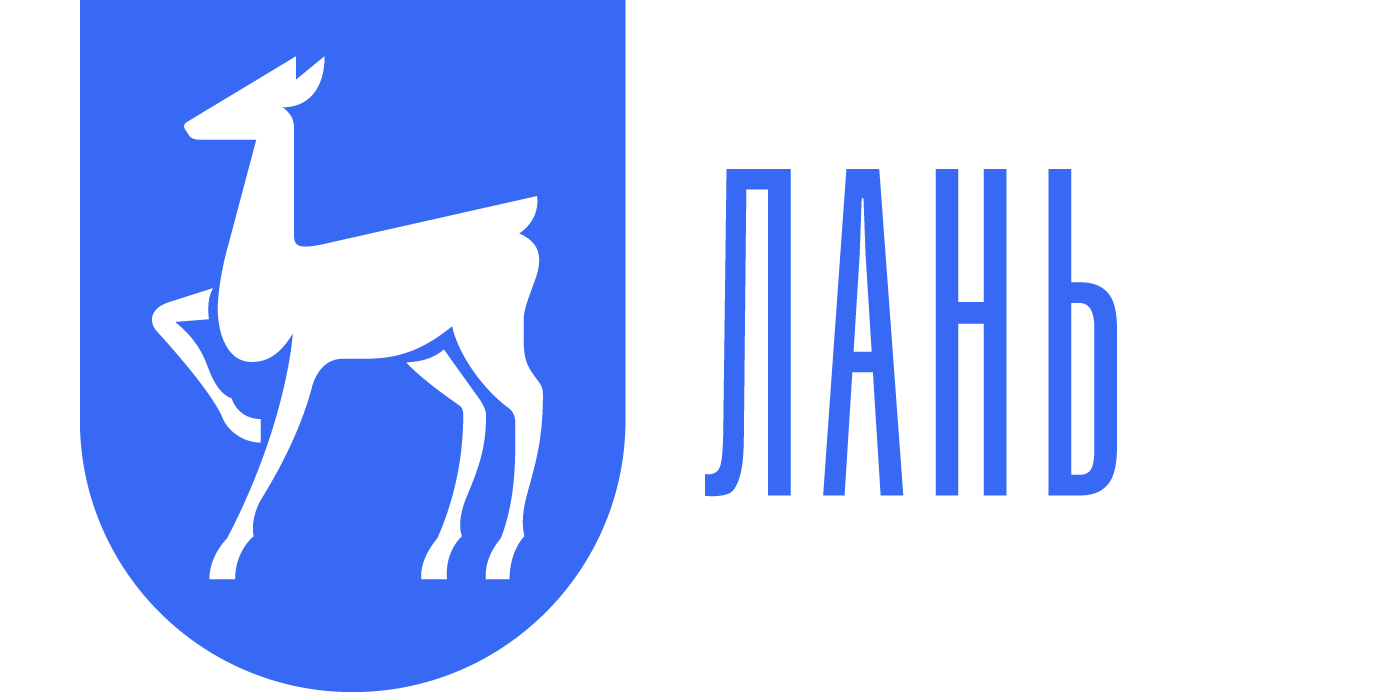The Influence of the Labour Market Regulators on the Demand Structure of Tourism Services
Keywords:
labour market, labour legislation, employment, demand for tourism services, national tourism, free timeAbstract
The article aims to identify the relationship between the degree of the labour legislation loyalty and the demand for travel services, which can be used by travel organizers as the basis for the development of strategies and national social programs. The following tasks were set: to highlight the signs that distinguish tourism services from other goods and services in the context of the formation of demand and the provision of consumption in case of existent purchasing power; to describe the current trends in the tourism market, in particular, the interdependence between innovation and market volatility; to analyse the factors influencing the stimulation or decrease in demand for tourism services, depending on the traditions of professional activity adopted in different societies, among which the amount of free time that a potential traveller is ready to spend on rest and recreation is of key importance; to substantiate the effectiveness or unacceptability of the most popular labour market regulators in the field of employment and legal support, which have the greatest impact on the volume and structure of tourist flows. The correlation between the state of the labour market and tourist demand was assessed on the basis of individual groups of components which influenced on the formation of market demand for tourist services within the global economy and the national economy systems. For the analysis, statistical data from European countries at the macroeconomic level and analytical reports from the World Bank Group («Doing Business») were used. By comparing the measured indicators of employment and household income and the prevailing patterns of consumer behaviour, relationships were found between certain aspects of state social policy and the decline in demand for tourism services, as well as factors that determine the structure of the national tourism category. Four directions were considered: 1) peculiarities of tourist services consumption and their influence on the formation of supply and demand in the market; 2) current trends in the international labour market and their resulting contribution to the system of national regulators; 3) the range of aspects of state policy in the field of employment and education, which determine the aggregate demand for tourism services; 4) assessment of the structure of tourist flows based on the social component. Based on the analysis of the components that influence the formation of demand for tourist services, the factors of influence were ranked: the established way of life is in the priority, as it determines the balance between professional and personal realization, and labour legislation in different countries consolidates the established business practice. The second important factor is the real distribution of free time, which is associated with both the local labour market policy and social security, and especially the national education system – despite various innovations unfavourable for the stability of the traditional economic environment, it remains the main source of intellectual capital generation. Thirdly, the key features of the consumption process (and, to a lesser extent, production) of tourist goods and services require revision and addition of the classical terminology, since a significant number of new types of tourism and recreational methods have appeared. The fourth is the current structure of the national tourism category, reflecting the preferences of travellers within the country and abroad. This structure should be taken into account by travel organizers. It has been proven that certain labour market regulators have a direct impact on the formation of demand for tourism services in the category of national tourism; more loyal labour legislation with some elements of risk favours an increase in the tourism services consumption, and excessively artificial retention of the given structure of the labour market leads not only to negative social trends, but also significantly reduces the potential of domestic tourism. Accordingly, temporary and formal restrictions as employment regulators lead to a drop in productivity, deterioration of innovativeness and, as a consequence, lost of incomes of the population, – all these slow down the development of recreational infrastructure. Prospects for further research are to test the hypothesis of a proportional correlation between labour market deregulation and an increase in demand for tourism services, considering the stratification of the studied objects (countries, regions, population groups) on the basis of several independent attributes reflecting general trends of similar national markets.
References
Боголюбова, С.А. Потребительский спрос как ключевой фактор развития внутреннего рынка туристских услуг / С.А. Боголюбова // Активизация интеллектуального и ресурсного потенциала регионов: новые вызовы для менеджмента компаний: материалы 3-й Всерос. конф., Иркутск, 18 мая 2017 г. / под науч. ред. С.В. Чупрова, Н.Н. Даниленко. – Иркутск : Изд-во БГУ, 2017. – 330 с. – [Электронный ресурс]. – Режим доступа: http://lib-catalog.isea.ru. – С. 40-44.
Лукин, Е.В. Стимулирование внутреннего спроса как фактора экономического роста (на примере сферы внутреннего туризма) / Е.В. Лукин, Е.Г. Леонидова, М.А. Сидоров // Экономические и социальные перемены: факты, тенденции, прогноз. – 2018. – № 11. – Том 4. – С. 125-143. DOI: 10.15838/esc.2018.4.58.8
Варламова, А.В. Трудовая занятость студентов как социальная проблема / А.В. Варламова // Сервис в России и за рубежом. – 2016. – № 6 (67), С. 63-75. DOI: 10.12737/21209
Alvarez-Sousa, А. The welfare state and tourism for all. reasons why people do not travel / А. Alvarez-Sousa // Cuadernos de Turismo. – 2018. – № 41. – С. 639-642.
Li-Xin, P.A. N. The application of virtual reality technology to digital tourism systems / P.A. N. Li-Xin // International Journal of Simulation – Systems, Science & Technology. – 2016. – №. 18. – Т. 17. – С. 21-25. DOI: 10.5013/IJSSST.a.17.18.02
Doing Business 2018: Reforming to Create Jobs [Электронный ресурс]. – Режим доступа : https://www.doingbusiness.org.
Doing Business 2020 [Электронный ресурс]. – Режим доступа : https://www.doingbusiness.org.
Официальный сайт EUROSTAT (статистического бюро ЕС). [Электронный ресурс]. – Режим доступа : https://ec.europa.eu/eurostat/data/database.
References
Bogolyubova S.A. Potrebitelskii spros kak kliuchevoi faktor razvitiia vnutrennego rynka turistskikh uslug [Consumer demand as a key factor in the development of the domestic market for tourism services]. Aktivizatsiia intellektualnogo i resursnogo potentsiala regionov: novye vyzovy dlia menedzhmenta kompanii [Consumer demand as a key factor of development: Materialy 3-i Vseros. konf.], Irkutsk, 18 May 2017 Editors: S.V. Chuprova, N.N. Danilenko. Irkutsk : Izd-vo BGU. Available at: http://lib-catalog.isea.ru. Pp. 40-44. (In Russian)
Lukin E.V., Leonidova E.G., Sidorov M.A. Stimulirovanie vnutrennego sprosa kak faktora ekonomicheskogo rosta na primere sfery vnutrennego turizma [Stimulating domestic demand as a factor of economic growth (on the example of domestic tourism)]. Economic and Social Changes: Facts, Trends, Forecast [Boosting domestic demand as a driving force of economic growth (on the example of domestic tourism sphere)]. 2018, vol. 11, no. 4, pp. 125–143. DOI: 10.15838/esc.2018.4.58.8. (In Russian)
Varlamova A. Trudovaia zaniatost studentov kak sotsialnaia problema [Employment of students as a social problem]. Services in Russia and abroad [Labor activity of students as a social problem], 2016, no. 6 (67), pp. 63-75. DOI: 10.12737/21209. (In Russian)
Alvarez-Sousa А. The welfare state and tourism for all. reasons why people do not travel. Cuadernos de Turismo, 2018, no. 41, pp. 639-642.
Li-Xin P.A.N. The application of virtual reality technology to digital tourism systems. International Journal of Simulation – Systems, Science & Technology, 2016, no. 18, vol. 17, Pp. 21-25. DOI: 10.5013/IJSSST.a.17.18.02.
Doing Business 2018: Reforming to Create Jobs. Available at: https://www.doingbusiness.org (accessed: 22.10.2020).
Doing Business 2020. Available at: https://www.doingbusiness.org (accessed: 22.10.2020).
Official site of EUROSTAT (statistical office of the European Union). Available at : https://ec.europa.eu/eurostat/data/database (accessed: 26.10.2020).






